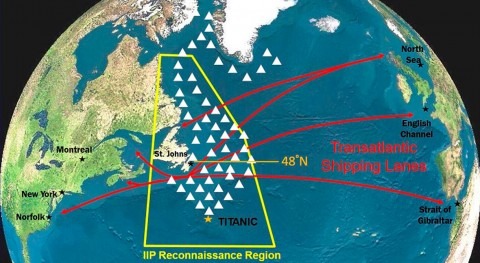As the UK starts to ease its lockdown restrictions, researchers are developing new techniques that could enable wastewater to be used to locate new infection hotspots or to help track a second wave of the coronavirus pandemic.
The research, which is bringing together some of the world’s leading experts on wastewater management, is establishing a range of new standardised procedures to identify the virus in wastewater and provide a picture of how COVID-19 is spreading, without the need for testing individuals.
Brought together by the Water Research Foundation, the international group is:
- Developing best-practices and standardised procedures for collecting and storing water samples
- Developing best-practices for using molecular genetics tools to identify levels of COVID-19 in wastewater samples
- Developing recommended approaches for using levels of COVID-19 in water samples to inform trends and estimates of the spread of the virus in communities
- Developing strategies to communicate the implications of environmental surveillance results with the public health community, elected officials, wastewater workers, and the public
One key component in enabling wastewater to be used to help track the spread of the pandemic is to monitor the presence of COVID-19 virus genetic markers. Professor Vanessa Speight from the University of Sheffield’s Department of Civil and Structural Engineering is co-leading efforts to establish new data analysis and modelling techniques that can be used to reliably interpret the data collected from wastewater samples.
There is great potential for wastewater to provide valuable information about the occurrence of COVID-19 across communities - Professor Speight
These techniques could help create a more accurate map of how the virus is spreading as well as the emergence of a second wave of the pandemic. The use of wastewater monitoring for COVID-19 virus occurrence offers a quick way to get an integrated picture of the level of infection across a whole community without the need for testing individuals.
Professor Speight, who is also a member of the Sheffield Water Centre at the University, which works with industry to solve major challenges in the water sector, said: “There is great potential for wastewater to provide valuable information about the occurrence of COVID-19 across communities. But given that this is a very new field of investigation, we have identified a number of areas where future research efforts should be concentrated to maximise the value of this data.”
The group of water experts recently gathered virtually for an International Water Research Summit to share recommendations and exchange early findings.
Each team is now undertaking their research with a view to having results that could be used to help track a second wave of COVID-19 or other future pandemics.
Recommendations made by each team at the summit can be accessed via: https://www.waterrf.org/event/virtual-international-water-research-summi....







